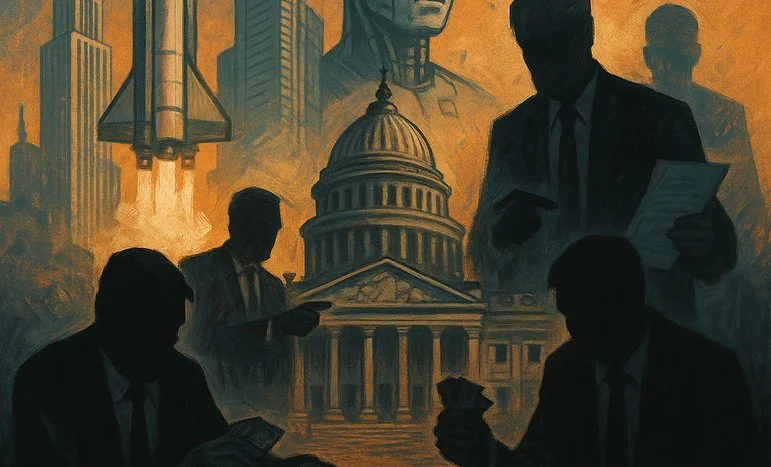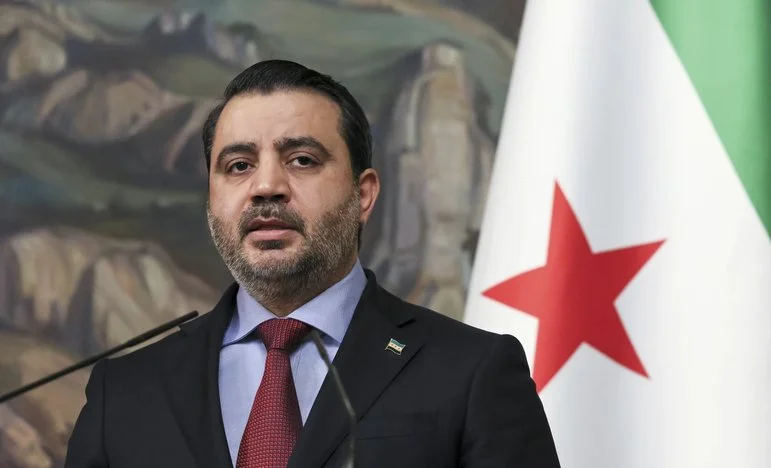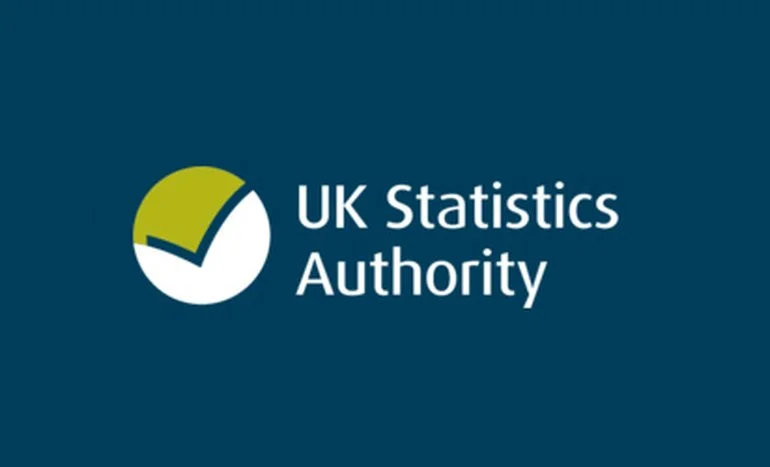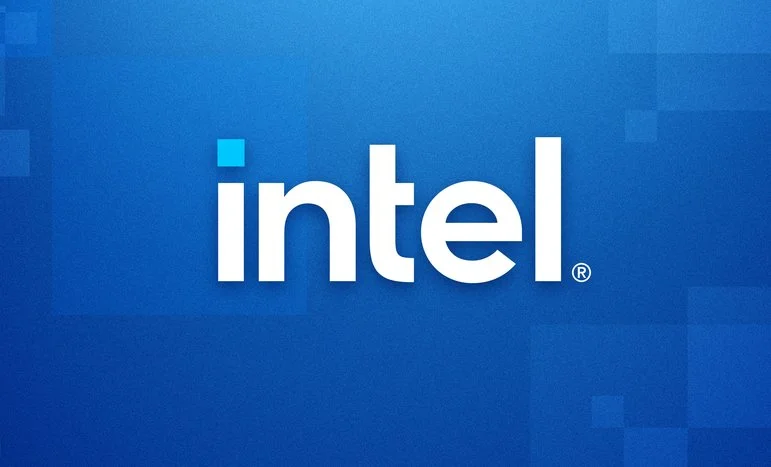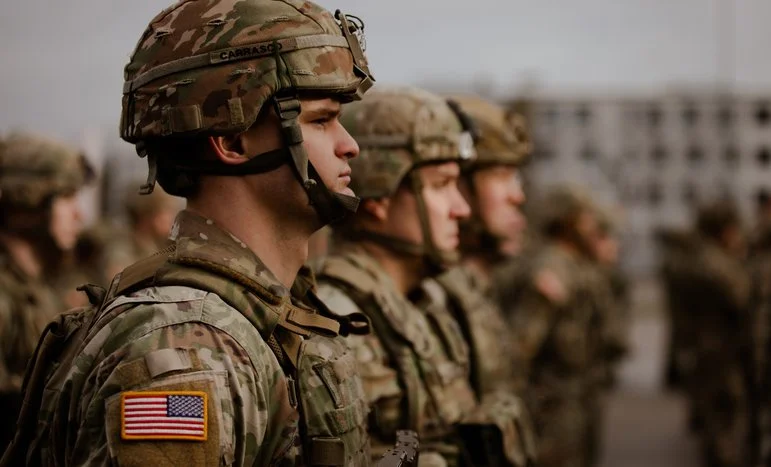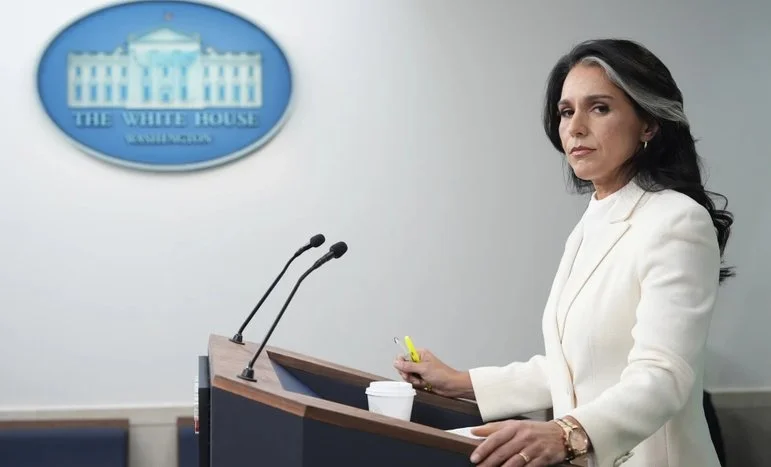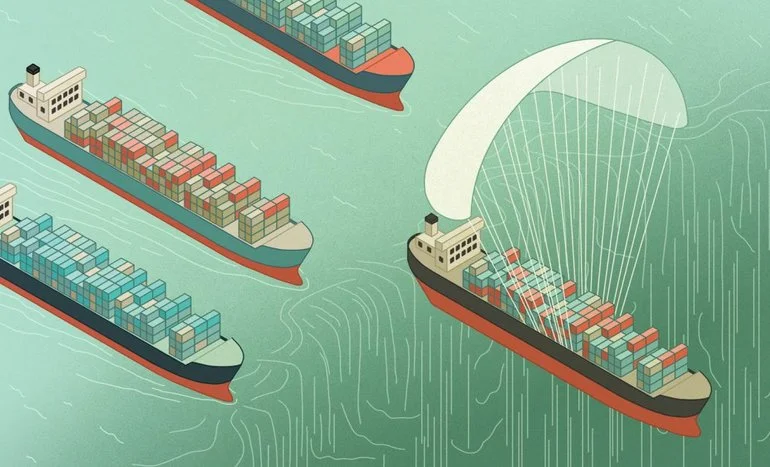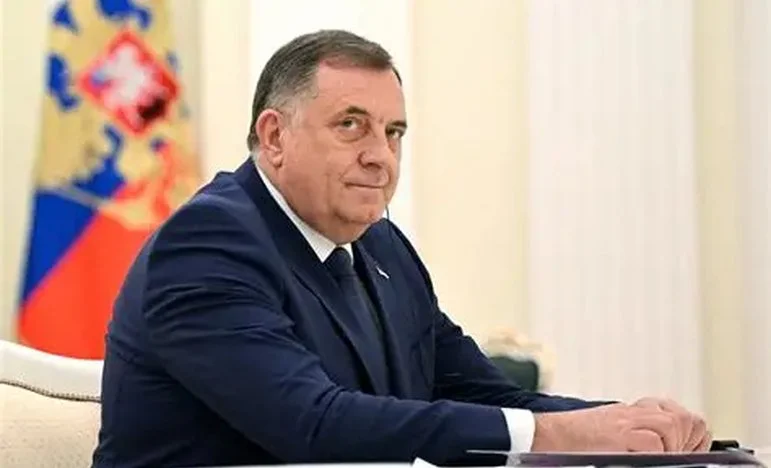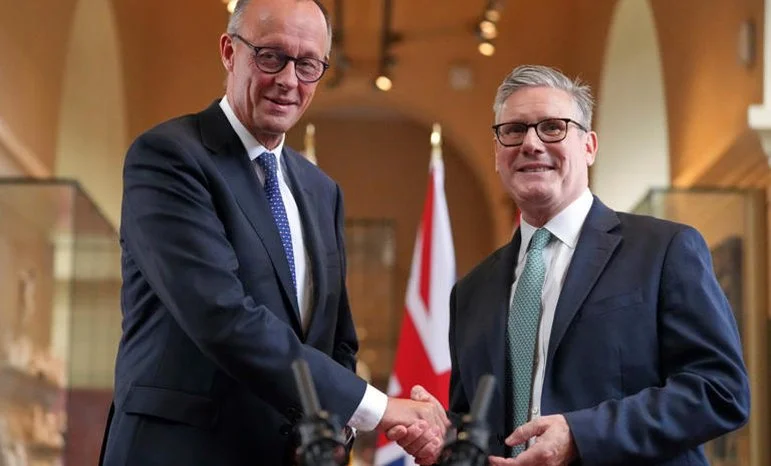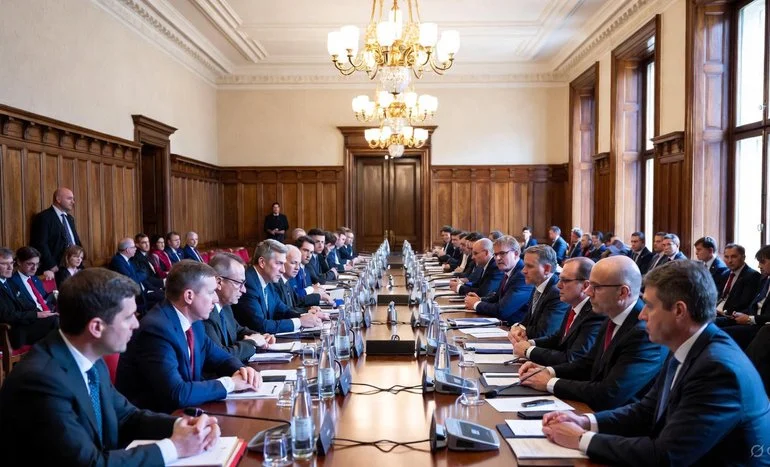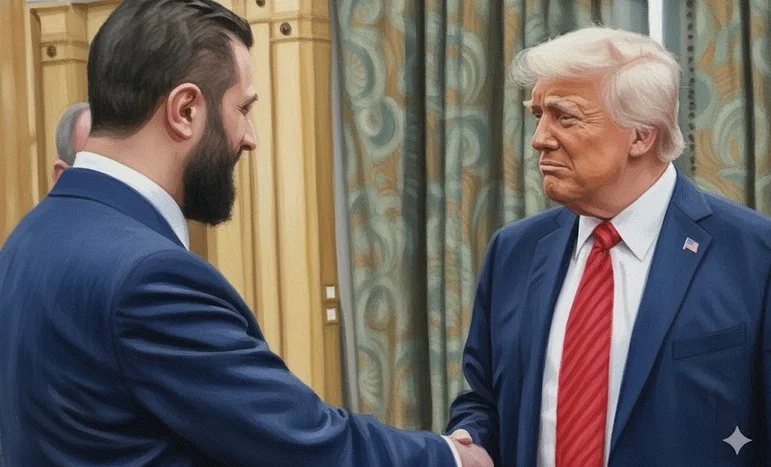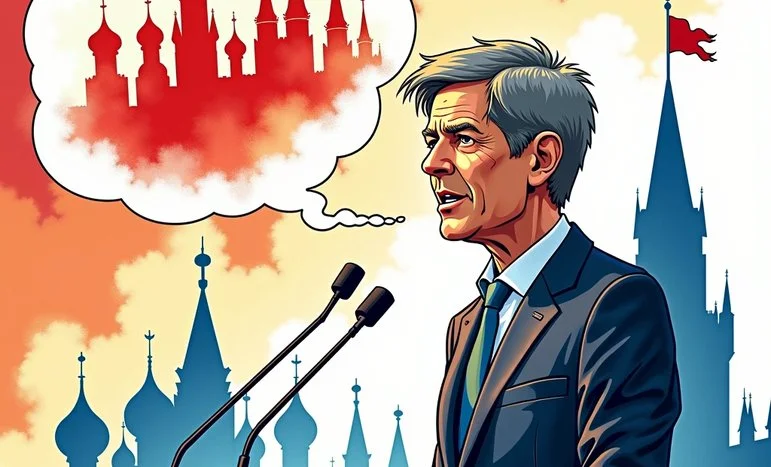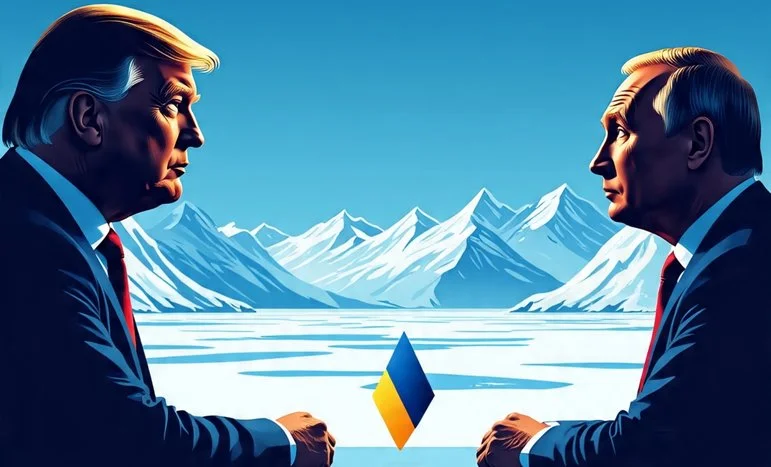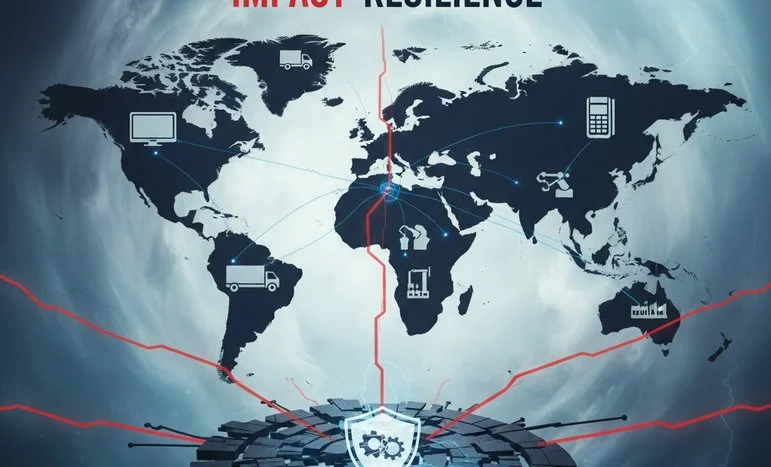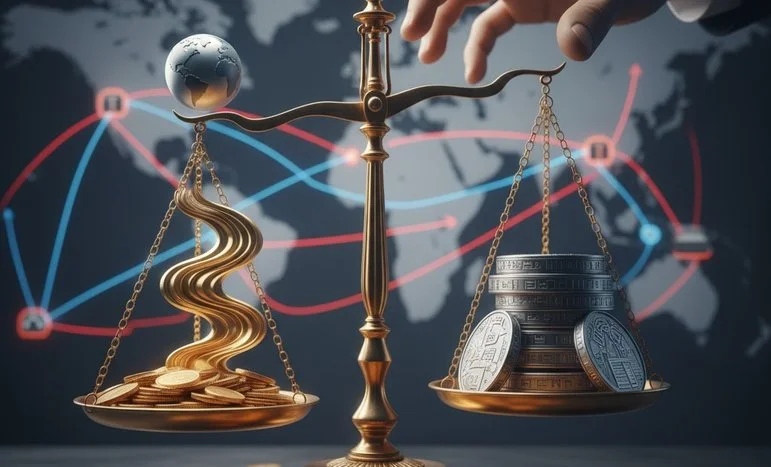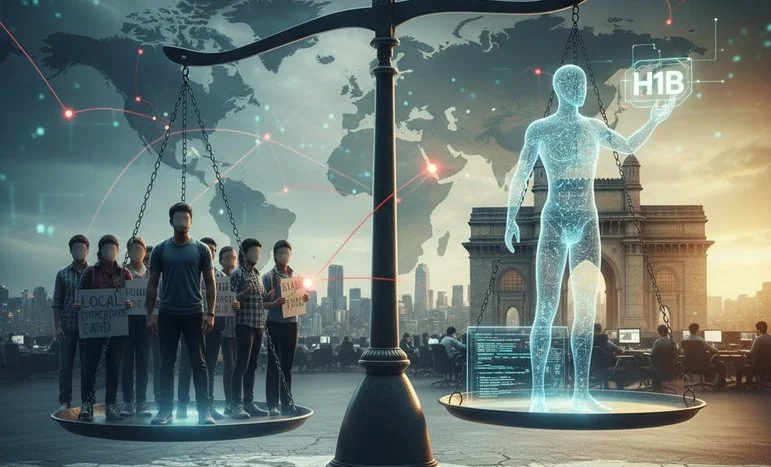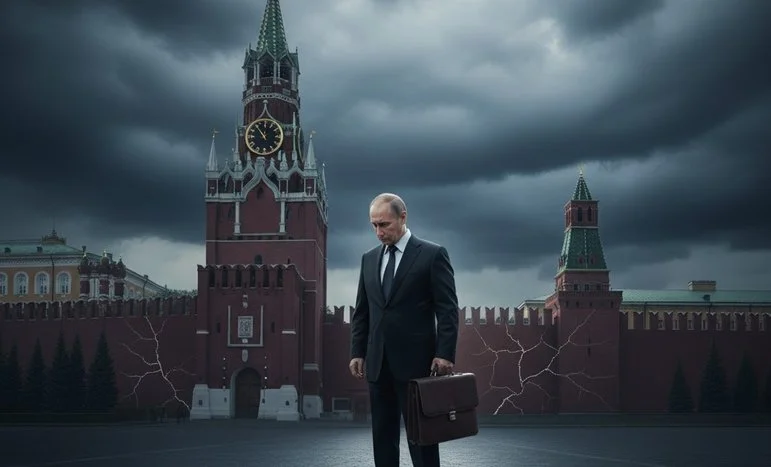
How Vladimir Putin Got Lucky to Become President
Vladimir Putin’s ascent to the presidency of Russia is often wrapped in mythology, portrayed as the inevitable rise of a master strategist forged in the ruthless world of Soviet intelligence. This image, carefully cultivated over decades, suggests a figure of exceptional competence, foresight, and discipline who emerged naturally as Russia’s leader during a time of crisis. Yet when the circumstances of his rise are examined closely, a far less romantic and far more contingent story emerges. Putin’s path to power appears less like the triumph of extraordinary talent and more like the product of institutional decay, personal connections, political miscalculation by others, and a series of remarkably fortunate breaks that placed an otherwise unremarkable figure at the center of Russian history.
Putin’s background in the KGB is frequently cited as evidence of elite capability, but the reality of his intelligence career does not support this perception. The KGB, particularly during the Cold War, was known for recruiting some of the Soviet Union’s most capable individuals—people with sharp analytical skills, linguistic fluency, cultural sophistication, and the ability to operate independently under pressure. Putin joined the organization in 1975 after graduating from Leningrad State University and received formal training in Moscow before being posted abroad. However, his assignment to Dresden in East Germany was not a prestigious or strategically vital posting. Dresden was considered a quiet backwater rather than a frontline intelligence hub, and Putin’s responsibilities there were largely administrative and liaison-based, working closely with the East German Stasi rather than conducting high-risk espionage operations.
Over the course of sixteen years in the KGB, Putin rose only to the rank of lieutenant colonel, a respectable but unremarkable achievement that suggests a steady, compliant career rather than an exceptional one. There is no public record of major intelligence successes, daring operations, or innovative contributions associated with his service. Accounts from colleagues and historical assessments consistently describe him as cautious, reserved, and methodical, but not particularly imaginative or bold. This profile aligns more closely with that of a mid-level bureaucrat than with the archetype of a brilliant spymaster. Far from being a standout figure within the Soviet intelligence apparatus, Putin appears to have been a competent but ordinary officer who blended into the system rather than reshaping it.
His linguistic abilities further reinforce this impression. Elite intelligence officers, especially those stationed abroad, were expected to possess strong language skills, particularly in English, which had long been essential for diplomacy, intelligence analysis, and international engagement. Putin’s command of German, acquired during his time in East Germany, is functional but limited, and his English proficiency has consistently been weak. Throughout his political career, he has almost always relied on interpreters when engaging with English-speaking audiences, even in settings where fluency would have been advantageous. This stands in contrast to many of his contemporaries in intelligence and diplomacy who were comfortable operating in multiple languages and cultural contexts. The absence of such skills suggests that Putin was never groomed for or expected to occupy the highest echelons of international intelligence work.
The collapse of the Soviet Union in 1991 marked a turning point that could easily have ended Putin’s prospects altogether. Like many former security officers, he faced a sudden loss of institutional purpose and status. It was at this moment that chance intervened decisively. Putin found refuge and opportunity through Anatoly Sobchak, a former law professor who had become mayor of St. Petersburg. Sobchak brought Putin into his administration as an aide, giving him a foothold in local politics at a time when many of his peers were adrift. This transition was less a calculated career move than a lifeline, made possible by personal familiarity rather than demonstrated political brilliance.
Putin’s work in St. Petersburg was marked by loyalty and discretion rather than innovation. These traits, while unremarkable in isolation, proved valuable in a political environment characterized by chaos, corruption, and mutual suspicion. As Russia’s post-Soviet institutions struggled to define themselves, figures who were seen as dependable and non-threatening gained disproportionate advantage. Putin’s lack of a strong independent power base or ideological profile made him appear safe to superiors, a quality that would later become central to his rapid rise.
His move to Moscow in the late 1990s was facilitated by networks formed during this period, and once there, his ascent through federal structures was swift. He became head of the Federal Security Service, then Secretary of the Security Council, and finally Prime Minister in 1999. These promotions were not driven by public acclaim or policy success but by the perception within Boris Yeltsin’s inner circle that Putin was loyal, discreet, and unlikely to challenge the existing order. In a system dominated by fear of betrayal and loss of privilege, these qualities outweighed charisma, vision, or competence.
The most decisive stroke of luck came on December 31, 1999, when Yeltsin unexpectedly resigned and appointed Putin as Acting President. This move, rooted in constitutional procedure, handed Putin the full machinery of the state mere months before a national election. Incumbency provided him with unparalleled visibility, access to resources, and control over messaging. It also shielded Yeltsin and his circle from potential legal consequences, reinforcing the perception that Putin was chosen not as a leader of the future but as a guarantor of the past.
Simultaneously, renewed conflict in Chechnya offered Putin an ideal platform to project strength. The war allowed him to adopt harsh rhetoric and cultivate a tough, decisive public image that contrasted sharply with his previously cautious bureaucratic persona. State-controlled media amplified this portrayal, presenting him as a defender of national stability at a moment when many Russians yearned for order after a decade of upheaval. The complexity and human cost of the conflict were largely obscured, while the symbolism of firmness and control dominated public discourse.
When Putin won the March 2000 presidential election, securing just over half the vote, the outcome reflected momentum rather than admiration. Yeltsin’s endorsement, favorable media coverage, fragmented opposition, and the advantages of incumbency combined to carry him across the finish line. His victory was less a mandate than a consequence of institutional inertia, a system moving forward on autopilot after being nudged in his direction.
In retrospect, Putin’s rise illustrates how power can emerge from circumstance rather than exceptional ability. His intelligence career shows no evidence of elite distinction, his linguistic limitations set him apart from top-tier operatives, and his political ascent relied heavily on patronage and timing. Even later decisions, such as the miscalculation of international reactions to the war in Ukraine, suggest not strategic genius but a pattern of overconfidence shaped by years of unchecked authority.
The story of Vladimir Putin’s path to the presidency is therefore not one of destiny fulfilled or brilliance rewarded. It is a case study in how institutional weakness, elite self-interest, and historical contingency can elevate an otherwise ordinary figure to extraordinary power. His journey underscores a sobering reality of political life: leadership is not always claimed by the most capable, but often by those who arrive at the right moment, appear useful to those above them, and benefit from systems too fragile to resist chance.
References
We appreciate that not everyone can afford to pay for Views right now. That’s why we choose to keep our journalism open for everyone. If this is you, please continue to read for free.
But if you can, can we count on your support at this perilous time? Here are three good reasons to make the choice to fund us today.
1. Our quality, investigative journalism is a scrutinising force.
2. We are independent and have no billionaire owner controlling what we do, so your money directly powers our reporting.
3. It doesn’t cost much, and takes less time than it took to read this message.
Choose to support open, independent journalism on a monthly basis. Thank you.
